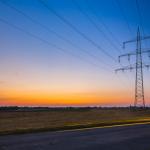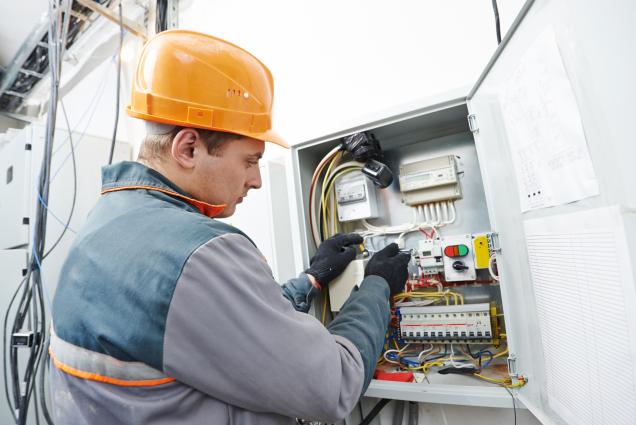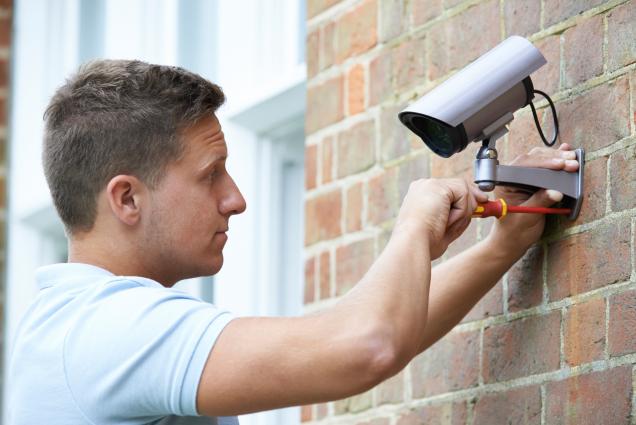
North Shore Electrician Tips for Reducing Your Power Bill
People are either working remotely or studying online, and this means that power use is bound to be higher than usual. And let’s face it — regardless of COVID-19, lowering your power bills is never a bad thing — especially when we consider what a great thing you’d be doing for the environment.
With this in mind, we’ll give you a couple of simple tips for reducing your energy bills without going to too much trouble!
Change your lighting
Your lighting fixtures are one of the biggest (and least obvious) energy spenders in your household. Most of us don’t think about whether we’re keeping the lights on or not — but you can actually save a lot of money on power by putting in minimal effort here.
First of all, you should try to minimize lighting when there’s no-one in a room — and you should also consider what type of lightbulbs you’re using. If you haven’t made the switch to LED lightbulbs yet, you should definitely do so right away. They provide better, more natural lighting — and they last you a heck of a lot longer thanks to their energy-efficient nature. In fact, LED bulbs use 75% less power than the old halogen bulbs.
Consider your insulation
When it comes to power costs, one of the biggest changes you can make to your home is to install proper insulation. Sure, it requires some renovation and an up-front investment — but over just a couple of years, you’ll get all of that money back through power savings. With air-tight insulation in your walls, basement, and attic, your home will be energy-efficient — you won’t have to spend as much money on heating and cooling, because all air leaks will be plugged.
As a result, your home’s heating and cooling systems won’t need to spend as much energy to maintain your desired temperature — there will be no hot or cold air altering the balance from the outside. Insulation is definitely the most noticeable change you can make in terms of power saving.
Consider your appliances
Obviously, all of us have a huge number of electrical appliances at home — and while most of them don’t use up too much electricity individually, it amounts to a huge expenditure when put together. Because of this, you should try to save on energy wherever you can — from the brightness settings on your TV to the eco modes on your washing machine. Dishwashers, clothes dryers, air conditioners; all of these appliances have different settings. And the right combination can save you a lot of power and money in the long run.



